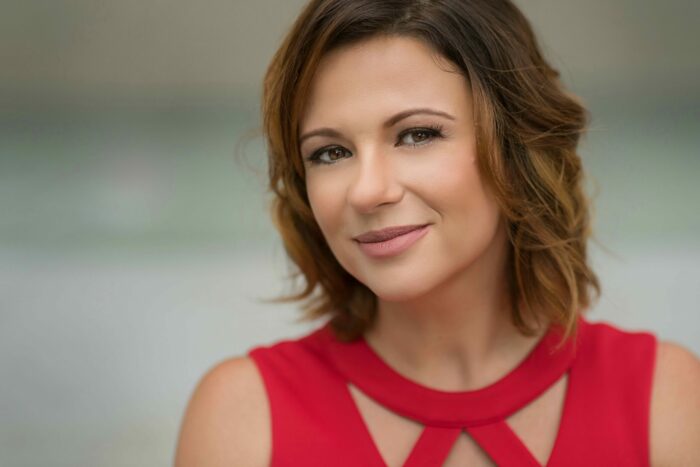Unleashing the power of generational diversity: Time for HR to take the lead!
- HRM Asia Newsroom

With the rapid adoption of technology and the aftermath of the COVID-19 pandemic, organisations are likely to face challenges that cannot be addressed through the traditional and hierarchical way of conducting business.
Collaborative decision-making — where each generation has equal voice, brings unique capabilities and skillsets to the table, and deploys them towards a shared vision — will become critical in order for businesses to thrive in the new world of work, secure a wide range of skills, experiences and perspectives, and drive innovation.
However, while business leaders understand the importance of embracing generational diversity, few organisations seem to have strategies, initiatives and programs in place to bridge the generational gap and foster a culture of intergenerational collaboration.
According to the 2020 XYZ@Work Multigenerational Workforce Study, while 93% of professionals across generations say generational diversity should be a key aspect of their employer’s diversity & inclusion agenda, only 22% of HR professionals say their organisation is strongly committed to it.
Team leaders and talent professionals fear being misunderstood and offending people, often doubting their ability to align every generation — with their unique styles and preferences — under the same vision. The truth is, many HR practitioners find intergenerational conflicts unsolvable in reality.

“If organisations fail to encourage and facilitate cross-generational awareness and understanding, intergenerational conflicts will continue to persist.” – Rachele Focardi
While their fears and insecurities are understandable and often justified (there are still a lot of sensitivities around this topic), burying their head in the sand is only doing organisations a disfavour. Generational diversity can be a great asset, but when not addressed it creates a volatile environment that leads to obstacles in communication and conflicting expectations.
And in fact, 47% of surveyed employees say that having multiple age-groups at work makes the workplace less productive, 50% say that conflicts stemming from a lack of understanding between generations are frequent, and 40% of Millennials and Gen Z say they would prefer working with people from their own age-group.
If organisations fail to encourage and facilitate cross-generational awareness and understanding, intergenerational conflicts will continue to persist. The younger generations will continue to only see their older colleagues as hierarchical, stubborn and resistant to change; failing to appreciate their experience, knowledge and wisdom.
Similarly, the older generations will continue to predominantly see the young ones as overly sensitive, entitled and over-confident; failing to appreciate them for their social-mindedness, digital savviness and creativity.
The result will be discord among workers, unhealthy competition, lack of mutual respect, low employee engagement, high attrition, slow moving projects, and stagnated innovation.
Only when organisations are willing to address generational diversity, call it out, explore it, understand it and get comfortable with it, they can truly help their employees become aware of the forces that shaped each generation, become more empathetic and understanding, and learn from one another.
90% of employees across generations say there is a lot they would like to learn from other age groups, and 99% say they want to find a way to positively work together.
This represents a unique opportunity for HR. By implementing programmes and initiatives to promote cross-generational awareness (through training, coaching, workshops, shared workspaces and team-bonding activities), collaboration (through matrixed multigenerational teams or Shadow Boards) and learning exchange (through reverse mentoring or, even better, two-way mentoring programmes), talent professionals can lay the foundation for future business success by unleashing the power of their organization’s human capital.
2021 is the year we should all start being open and proud of our generational diversity. When we are truly able to see and appreciate each other’s unique skillsets, characteristics and mindsets, learn how to communicate effectively with one another, and optimise our generational strength in service of a common goal or a shared vision… well, this is when the magic happens!
Rachele Focardi is a global thought-leader and public speaker on Multigenerational Workforce Dynamics, Employer Branding and The Future of Work. She is also Chair of the Multigenerational Workforce Committee for the ASEAN Human Development Organisation, and will be making a presentation at HR Tech Fest Connect 2021 titled Talent management in a multigenerational workforce – how can HR take the lead.






